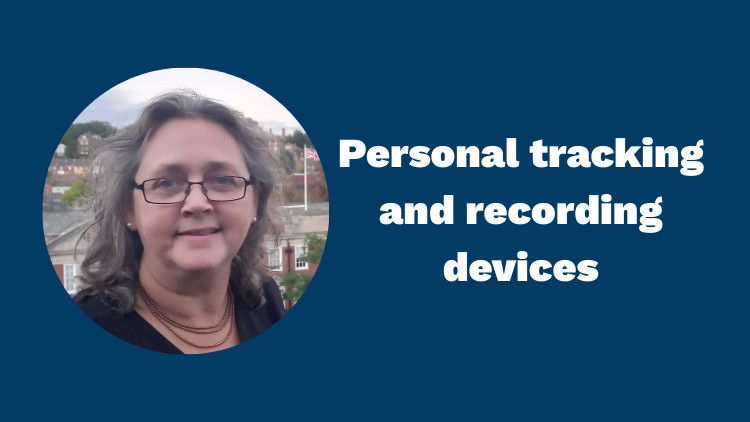By Zara Smith, PACEY Advisor
For a long time, the type of recycling that you can do through your household bins has been dependent on where you live. New commercial food waste legislation comes into effect from the end of March 2025, and it is hoped that it will make the system easier to understand.
Simpler Recycling is a government reform, as part of The Environment Act 2020 Regulations 2024, and is intended to make the recycling system simpler removing confusion over what can and cannot be recycled in different parts of the country. It will introduce a new default requirement for households and workplaces to have 4 containers or bins for:
- Non-recyclable waste
- Food waste (mixed with garden waste if appropriate)
- Paper and card
- All other dry recyclable materials (plastic, metal and glass)
This legislation is part of the UK’s plans to eliminate food waste going to landfill. It is hoped that this legislation will support England to catch up with the measures that are already in place in Wales and Scotland. The changes will be phased in over the next few years as follows:
- 31 March 2025 – Non-households & relevant non-domestic premises
Businesses (with more than ten employees) will need to arrange for the collection of separate dry recyclables and food waste. The relevant non-domestic premises include premises forming part of a university, school or other educational establishment - 31 March 2026 – Households
Local authorities must collect all dry recyclable materials and separate weekly food waste collections (which can be combined with garden waste) - 31st March 2027 – Households and non-households
Inclusion of plastic film packaging and plastic bags in the plastic waste stream - 31st March 2027 – Micro-businesses
Businesses with fewer than ten full-time employees must recycle all specified waste streams.
The changes from March 2025 are relevant for all non-domestic properties that produce more than 5kg of waste per week. This means that they may also be relevant for some early years providers, as they may be considered an ‘other educational establishment’. Food waste includes any inedible parts like bones, eggshells, fruit and vegetable skills, tea bags and coffee grounds.
From March 2026 all households in England will also be expected to separate food waste from their general waste. This will be relevant to childminders on domestic premises. It seems likely that all households will be provided with a small bin or box to store this in.
Small businesses with less than the equivalent of 10 full-time employees will initially be exempt from these rules and can continue to dispose of food scraps and leftovers in general waste bins. However, they will need to comply with the new food waste law by 31 March 2027. If early years providers are not included in initial changes in March 2025 and March 2026, then smaller nurseries, childminders without domestic premise and childcare on domestic settings will need to make changes at this point.
In the meantime, that are several things that we can do to reduce food waste, including:
- pre-plan meals to ensure that you shop only for the food stuffs that you require
- buy only what you need by making a shopping list
- Bulk cook and freeze meals to enjoy later
- Set up a compost heap/bin in your garden
- Clean out your fridge regularly to ensure that you are aware of use by dates. It can be useful to have a ‘Use it First’ shelf, to ensure that you don’t let food spoil.
This legislation will bring positive change and important environmental benefits. It is estimated that we currently throw away about 9.5 tonnes of food waste in the UK alone. Nearly all this food waste ends in a landfill site, decomposing and adding to carbon emissions and greenhouse gases. Under the new proposals, although there will an option for food waste to be composted, most of the food waste that is collected will be treated through anaerobic digestion, which will break down the organic matter in a sealed tank and produce biogas, an environmentally friendly, renewable energy source.
Resources and further reading:



